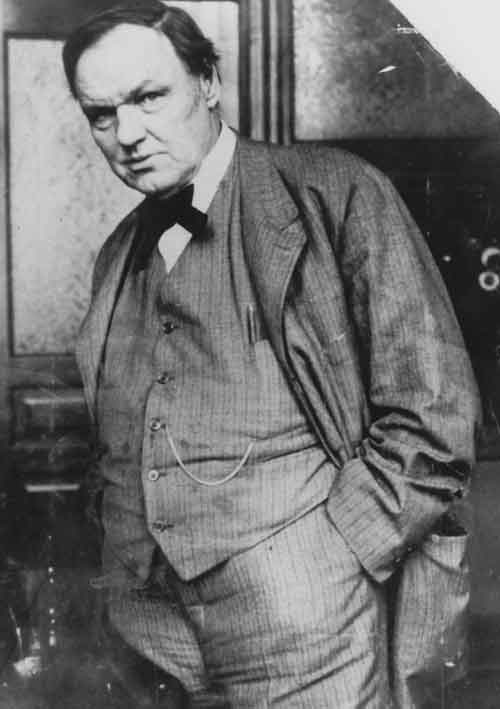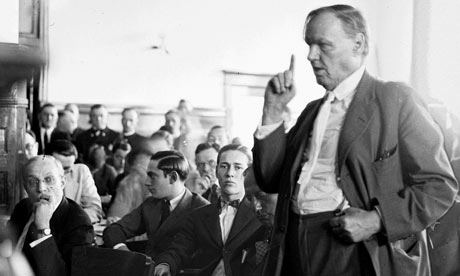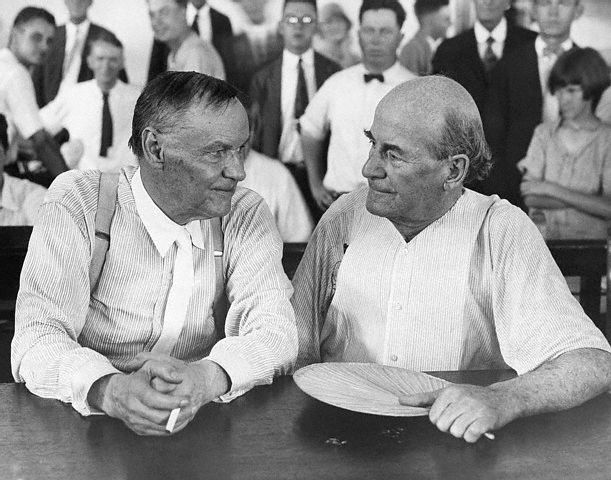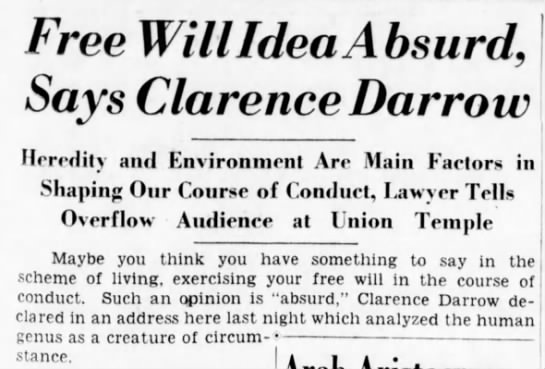Famed attorney Clarence Darrow was an extremist when it came to criminality, believing in circumstance but not culpability. He saw law breakers the way the writer of a naturalist novel views characters, as prisoners of nature and nurture, incapable of circumventing either. Based on the remarks he made as reported in an article in the April 4, 1931 Brooklyn Daily Eagle, Darrow would have treated all misdeeds as maladies, the perpetrators receiving treatment in hospitals rather than stretches in prison.
In a way, his contention has returned to vogue today thanks mainly not to philosophy but to science, with some neuroresearchers believing our brains, a conductor of algorithms of sorts, governing us rather than the other way around. From Yuval Noah Harari’s Home Deus:
Yet humanism is now facing an existential challenge and the idea of “free will” is under threat. Scientific insights into the way our brains and bodies work suggest that our feelings are not some uniquely human spiritual quality. Rather, they are biochemical mechanisms that all mammals and birds use in order to make decisions by quickly calculating probabilities of survival and reproduction.
Like most people I think the hardware that enables my consciousness allows me a range within which I can make decisions, but maybe my brain is just telling me that?





